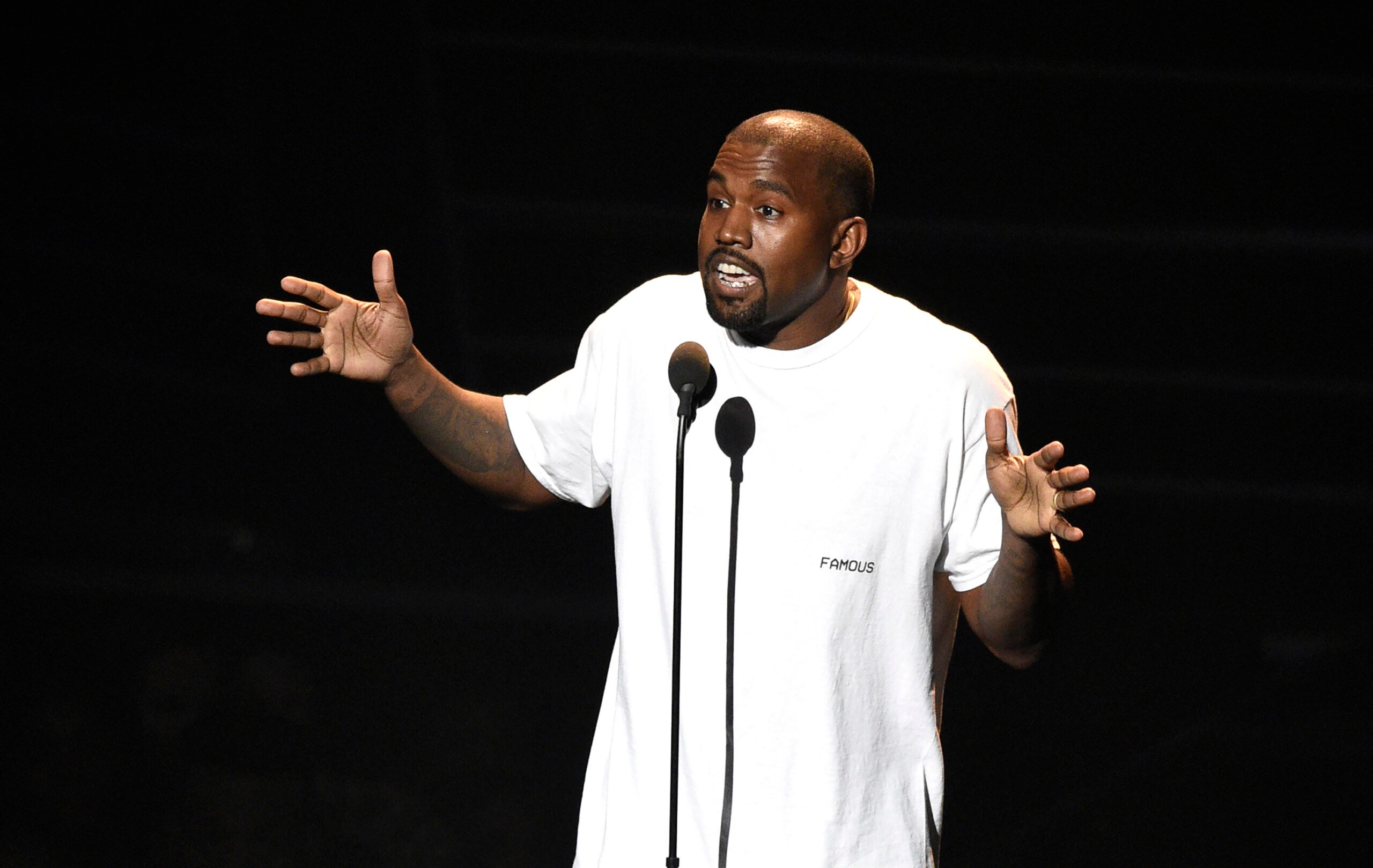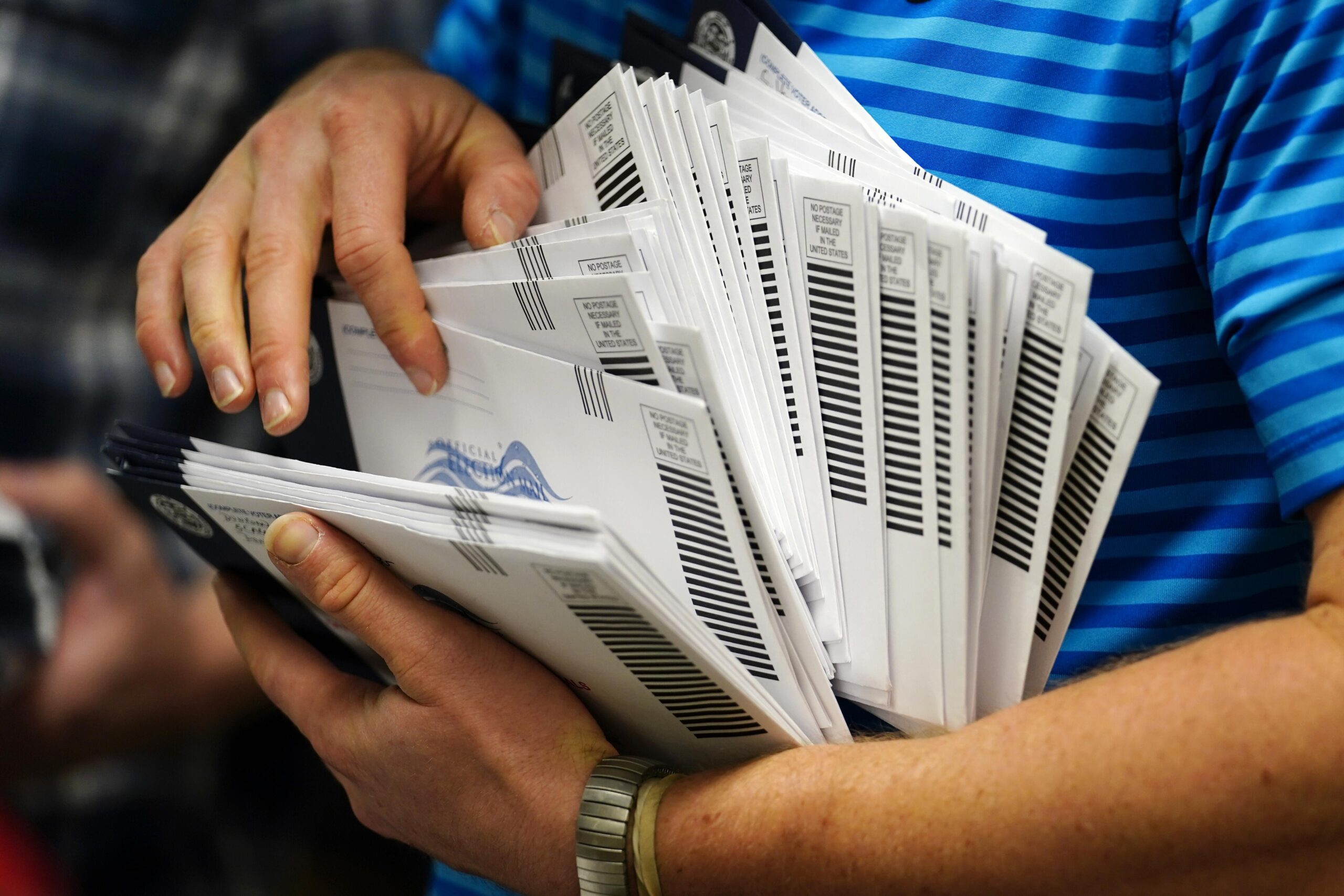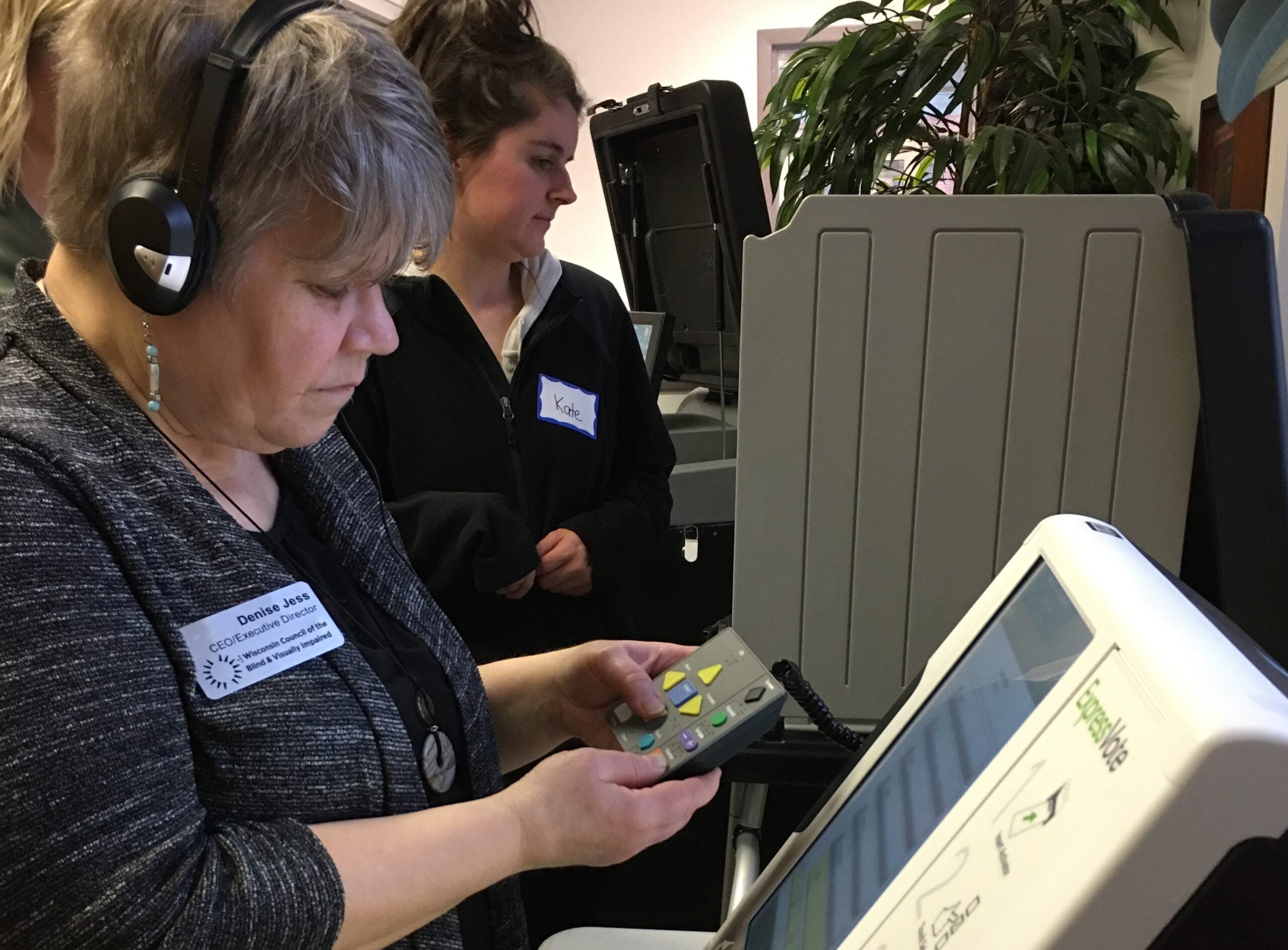The Wisconsin Elections Commission voted 5-1 Thursday to deny rapper Kanye West’s bid to appear on the state’s presidential ballot this November, finding that West’s campaign missed the deadline to file his nominating petitions.
The hair-splitting discussion over whether to grant West ballot access included a second-by-second account of when West’s lawyer walked through the door of the agency’s office on the day of the filing deadline. It also included a debate over how to define five o’clock.
In the end, the commission, which is split 3-3 between Republicans and Democrats, ruled that West’s campaign missed the mark, albeit narrowly.
News with a little more humanity
WPR’s “Wisconsin Today” newsletter keeps you connected to the state you love without feeling overwhelmed. No paywall. No agenda. No corporate filter.
“While I regret that it’s the case, I do not feel like they filed timely,” said commission member Dean Knudson, a former Republican state lawmaker.
The West campaign could still challenge the decision in court.
Republicans have helped West’s efforts to get on the ballot in other states, and that was the case in Wisconsin as well. West, who has been a supporter of Donald Trump, has said that his candidacy could pull votes from Democrat Joe Biden.
His campaign argued that because it delivered West’s petitions to the front door of the Wisconsin Elections Commission’s office building 14 seconds after 5 p.m. on Aug. 4, that met the legal definition of “not later” than 5 p.m.
Republican commissioner Bob Spindell was prepared to accept that argument.
“Two thousand people indicated that Mr. West should be put on the ballot,” Spindell said. “I think it was handled before (5:00:59 p.m.)”
Other commissioners were more dubious, saying that the West campaign’s interpretation of time was inconsistent with years of precedent and common sense.
“Time is an objective fact,” said Jeff Mandell, a Democratic attorney from Madison who led the effort to block West from the ballot.
Also on Thursday, the Elections Commission split 3-3 on whether to grant ballot access to Green Party presidential candidate Howie Hawkins and running mate Angela Walker, teeing up a likely court challenge from the Green Party.
At issue in that dispute were roughly 1,900 nominating petitions showing Walker’s old address that were circulated before Wisconsin Green Party activists found out she had moved.
Mandell, who was also the lead attorney challenging Hawkins’ petitions, argued the signatures were a clear violation of Elections Commission guidance on circulating nomination papers.
After the Green Party did not file a response to the challenge, Elections Commission staff agreed that the Green Party should be denied a spot on November’s presidential ballot.
The dispute prompted an hours-long back and forth between the three Republican members of the commission and the three Democrats, who could not agree on how to proceed.
Democrats, led by commission chair Ann Jacobs, wanted to reject the Green Party’s petitions, arguing that the party had its chance to follow the rules, and it failed.
“This is not an unsophisticated party,” Jacobs said. “They have attorneys. For whatever reason, they chose not to submit a sworn affidavit on this.”
Republicans sided with the Greens, arguing that the complaint against Hawkins and Walker was based on a technicality.
“It’s so obvious,” Spindell said. “We all know what the correct answer is.”
The commission took five different 3-3 votes, eventually deciding to stop debate and leave the issue for a court to decide.
Independent candidates are under intense scrutiny in Wisconsin, where four years ago Donald Trump won the state by fewer than 23,000 votes on his way to the White House. That same year, Green Party presidential candidate Jill Stein received more than 31,000 votes in Wisconsin.
The commission also voted 6-0 Thursday to grant ballot access to Libertarian Party presidential candidate Jo Jorgensen and running mate Jeremy Cohen. The vote was expected because there were no challenges to their petitions.
Four years ago, Libertarian Party presidential candidate Gary Johnson received nearly 107,000 votes in Wisconsin.
Wisconsin Public Radio, © Copyright 2026, Board of Regents of the University of Wisconsin System and Wisconsin Educational Communications Board.







